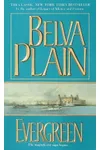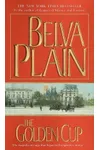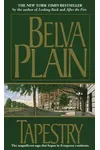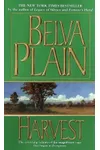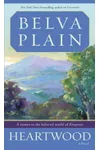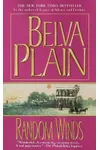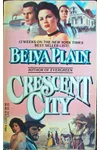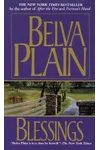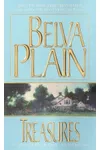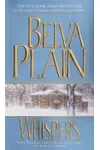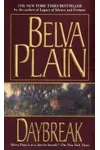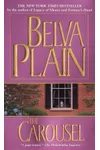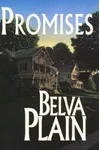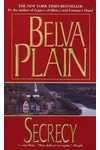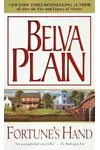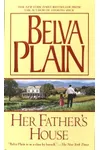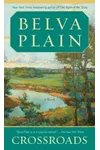Picture a storyteller who wove epic tales of family, love, and resilience, capturing the hearts of millions—meet Belva Plain! This American novelist, born in 1919, crafted historical sagas and women’s fiction that tackled tough social issues with grace. Her debut, Evergreen, skyrocketed to bestseller status, cementing her as a literary star whose 27 novels sold over 30 million copies worldwide.
With a knack for vivid characters and sweeping narratives, Plain brought Jewish-American experiences to life, blending history and heart. Curious about the woman behind these unforgettable stories? Let’s dive into her journey!
The Making of Belva Plain
Born Belva Offenberg on October 9, 1919, in New York City, Plain grew up as a third-generation Jewish American with a love for history and storytelling. A Barnard College graduate with a history degree, she soaked up tales of ordinary people in extraordinary times, inspired by her grandparents’ immigration from Germany. In her 20s, she penned short stories for women’s magazines like Cosmopolitan, but paused to raise three children with her husband, Irving Plain, a prominent ophthalmologist.
Plain’s writing dreams simmered until her kids were grown. At 59, she poured her heart into her first novel, proving it’s never too late to chase a passion. Her discipline—writing longhand on yellow pads for hours each morning—set the stage for a prolific career.
Belva Plain’s Unforgettable Stories
Plain’s debut, Evergreen (1978), introduced Anna, a feisty Jewish immigrant from Poland navigating love and ambition in early 20th-century New York. The novel topped the New York Times bestseller list for 41 weeks and inspired an NBC miniseries. Its Werner Family Saga continued through The Golden Cup (1986), Tapestry (1988), Harvest (1990), and Heartwood (2011), tracing generations with cinematic flair.
Her standalone novels, like Crescent City (1984), set in Civil War-era New Orleans, and Secrecy (1997), tackling date rape, showcased her range. Plain’s style, reminiscent of 19th-century novelists like Dickens, blended rich historical settings with strong, often red-haired, female protagonists. She wove moral lessons into tales of divorce, adoption, and family secrets, earning fans for her “big, cozy reads” despite critics’ occasional gripes about simplistic characters.
Writing five days a week, Plain produced a 500–600-page novel nearly every year, all without a computer. Her stories resonated globally, translated into 22 languages, proving her universal appeal.
Why Belva Plain Matters
Belva Plain’s novels offered more than escapism—they gave voice to Jewish-American experiences and women’s struggles, blending historical depth with emotional truth. Her focus on family and forgiveness struck a chord, making her a giant in domestic fiction. With over 30 million books in print, her legacy endures, inspiring readers to find hope in life’s complexities.
Plain’s late start as a novelist reminds us that dreams don’t have an expiration date. Her disciplined craft and authentic storytelling continue to influence writers in the historical and women’s fiction genres.
About Belva Plain
- Born: October 9, 1919, New York City
- Key Works: Evergreen, The Golden Cup, Secrecy
- Notable Fact: Wrote all novels longhand, never owned a computer
- Died: October 12, 2010, Short Hills, New Jersey
Snag Evergreen and dive into Belva Plain’s heartfelt world of family sagas today!
